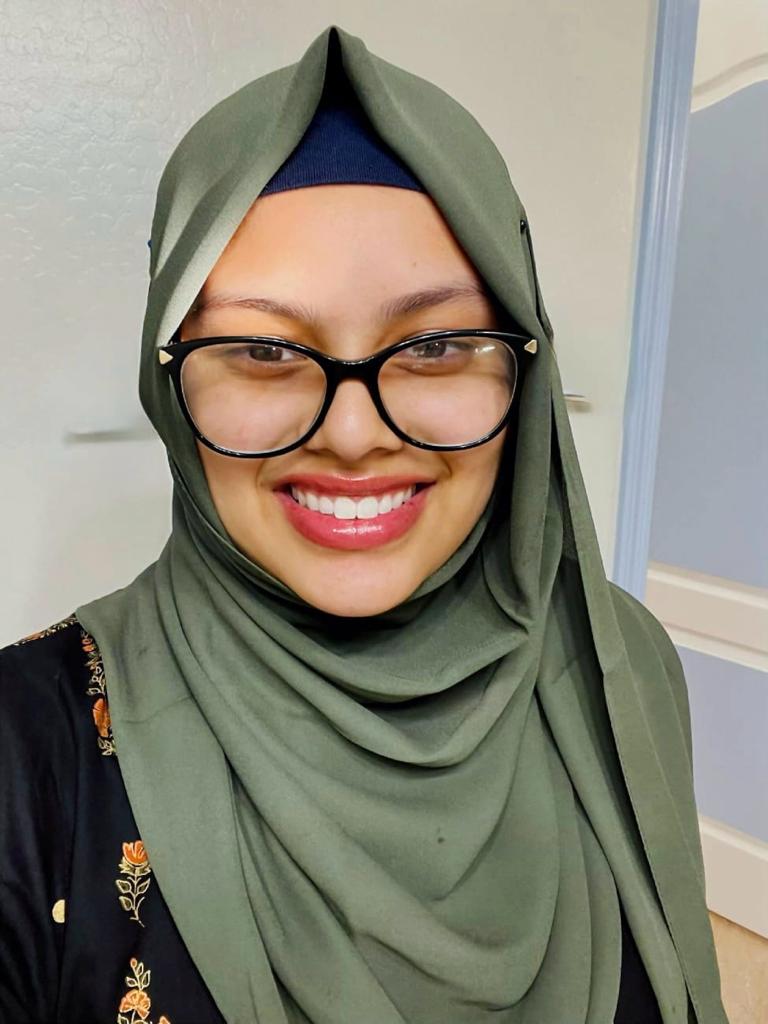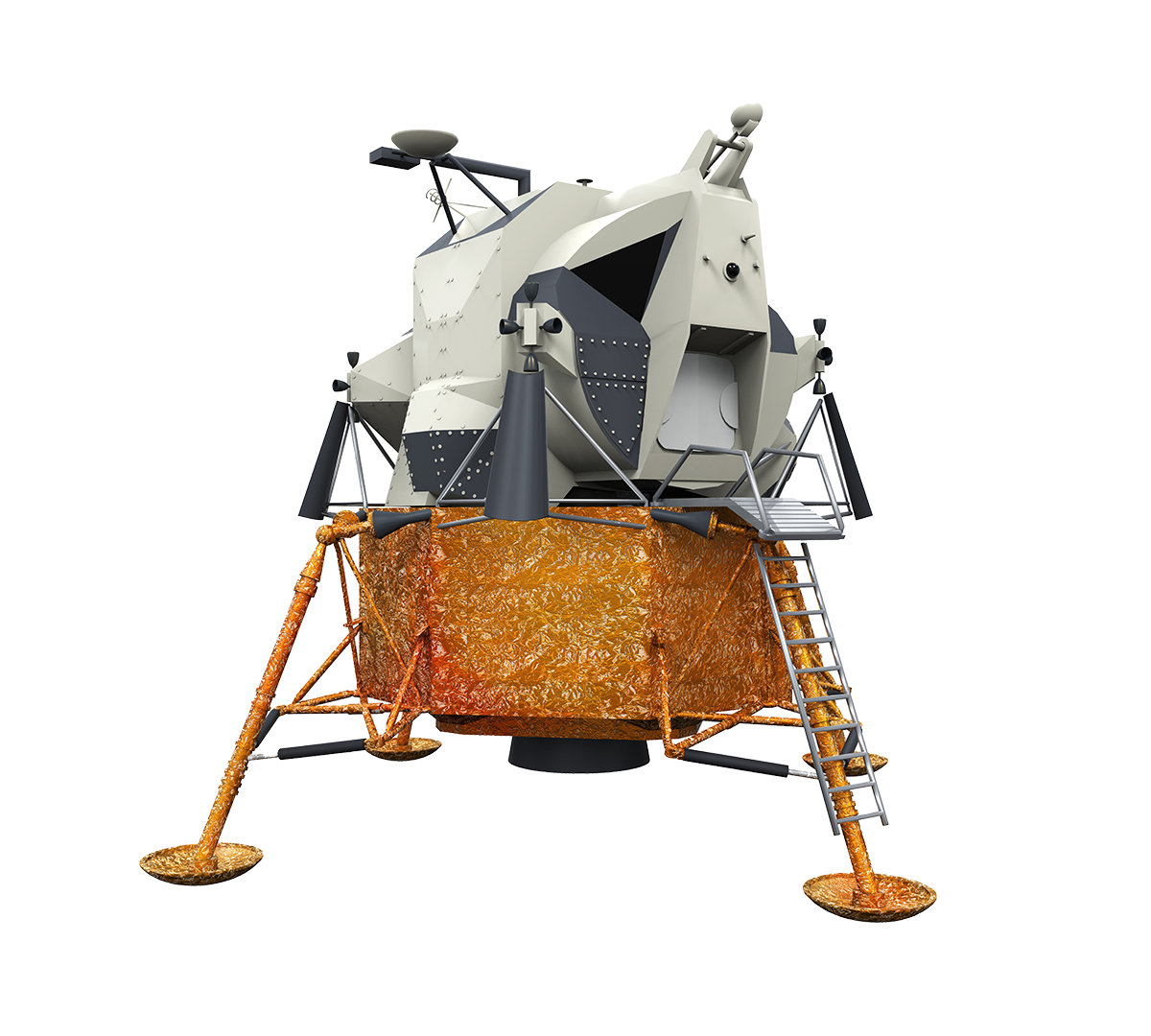My space journey started in my junior year. I remember walking down the hallway at school and noticing a poster pasted on an empty white wall, screaming at me to take a look. The poster stated it was the chance to have an original experiment flown to the International Space Station, conducted by NASA astronauts! The two-day event would be held over the weekend, at a place I can call my second home — my high school! The principal had stated that the school would provide eight scholarships that would cover the expenses of the Go For Launch! program. I was eager to learn more about what this program could do for me in the future, so I quickly encouraged my friends to sign up as well. We had nothing to lose!
Fast forward a few weeks later, and it was the day of the big weekend, a weekend that I sacrificed my extra hours of sleep for, a sacrifice that was definitely well worth it. I walked into the room and took my seat, looking around to see a few familiar and not-so-familiar faces. I’m going to be honest; it felt like I was waiting for some teacher instruction and homework because it was at school, but the mood quickly changed as soon as Michelle Lucas, the founder and president of Higher Orbits, former astronaut Don Thomas, and Katy, my favorite photographer, introduced themselves; I could already tell that this weekend would be a good one. One by one, we introduced ourselves to our peers, and formed our teams. Throughout the day, we learned more about what Go for Launch! stands for, what it has accomplished for many young STEMists like myself, and how it has impacted the advancement of space science!
Over the course of the two days, we competed in team building exercises, created our own mission patch, and designed our original experiment that we would later propose to be launched to the ISS! Towards the second half of day two, we began to finalize, rehearse, and submit our experiment proposals. The time came when Team 229312 was called up to the front of the room to present the radiation situation — our experiment.
Cladosporium sphaerospermum (A mouthful, I know), is a radiation-thriving fungus that can potentially increase the life expectancy of electrical components aboard the ISS and other spacecraft by creating a self-replicating radiation shield using radiosynthesis.
Extensive research, teamwork, and collaboration led to the last hour of the competition weekend. Although I was a bit nervous, something important was about to happen, and the entire weekend depended on this presentation. I pulled myself together, got the jitters out, and replaced any doubt with confidence. The timer was running, and my nerves were relaxed, knowing that we had prepared for two whole days for this crucial seven minutes.
All the teams were done presenting, and the judges met in another room to discuss who the winners for the Arizona event would be. As we sat with anticipation, my team and I reaffirmed to one another that we had put our blood, sweat, and tears into this, and we had a shot at winning this.
It was time. Michelle and Don walked into the room holding the diplomas in their hands and the winners’ names on their tongues. After what felt like an eternity of suspense, the silence broke with the name “Team 229312!” WE WON! The moment felt surreal, and I may have shed a tear, but this wasn’t the end of our team’s journey. It was a long day, but a very rewarding one. We knew that we would still have to compete for the series title, despite winning the Phoenix event.
After my team and I had further elaborated on our experiment specifications, they were submitted to a panel of judges, who then sent questions back for us. We answered those questions with every carefully-considered word in mind and waited for some more time to hear back about the results of the 2023 Glass-z12 series winners. After a couple months of submitting experiment specifications and research, my team and I organized a time and place for hearing the final winner taking the series title, the experiment that would fly from the Kennedy Space Center with Space X’s Falcon 9 NG-20 mission. We waited patiently for two hours before the Facebook live came on. I can even remember creating a facebook account just for this livestream! Once again, gut-wrenching anticipation was looming, and I paced back and forth in the large room. Ripping the bandaid off, Michelle announced the winners with great excitement. “I will announce the winners of the Glass-z12 series. THE WINNERS ARE… TEAM 229312!” Before she could finish speaking, our screams of exhilaration roared the halls, as if we had all gotten accepted to Stanford. Best part is, we caught it all on video! Those screams were screams of accomplishment and shock. We would be going to Florida to watch the shuttle holding our original experiment launch into space, off to the International Space Station!
Recently, my team and I have been communicating with Space Tango to build our experiment, and collaborating with team Space Shell 6 and team TARS to create a combined mission patch. Team 229312 is also getting ready for a proposal to the Board of Directors of our high school to fundraise for our trip to Florida. We are currently a few weeks away from launch, and although we found out about our crazy accomplishment fairly recently, my excitement is still over the moon! A success like this is proof of our persistence. The teamwork and leadership experiences I gained during this event continues to make me grow as an engineer, leader, and team member. It was no accident that my team and I have earned this rare opportunity to engrave our names in space!
Written by Zahra Ali

